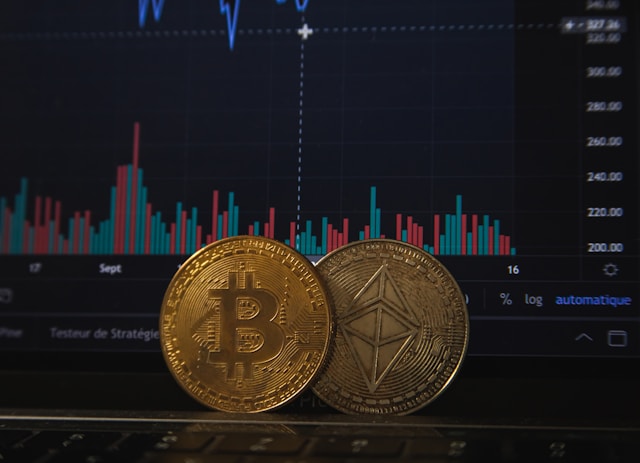The globalization of financial flows has transformed traditional notions of capital preservation. Money, securities, and even property rights are no longer tied to the physical borders of a single state. They exist within a complex, interconnected system where cross-border transactions take seconds, while legal consequences can last for years. This new reality raises a fundamental question: how to ensure the security of assets when they are simultaneously everywhere and nowhere in particular? Protection strategies that were effective just a decade ago are now proving insufficient in the face of two powerful forces — the technological revolution and geopolitical pressure.
Traditional assets, such as bank deposits, stock portfolios, or real estate, have long been considered bastions of stability. Their protection was built on clear principles: diversification across jurisdictions, the use of trusts and funds, as well as reliance on the inviolability of private property in countries with developed legal systems. However, today even these instruments are subject to erosion. Account freezes, asset seizures at the request of another state, disclosure of banking secrecy within the framework of automatic information exchange (CRS) — all of this has become commonplace. National sovereignty is no longer an absolute shield for capital placed within its borders. The legal mechanisms of one state can directly affect assets physically located on the other side of the world.
Against this backdrop, the digital sphere offers, at first glance, an attractive alternative. Cryptocurrencies, NFTs, tokenized assets—all of them exist outside the classical banking system, promising anonymity and control in the hands of the owner. Quick transactions without intermediaries attract many. But this decentralized nature also creates unique vulnerabilities. The security of a crypto wallet depends solely on its owner. In case of lost keys or a hacker attack, recovering funds is practically impossible since there is no central authority to turn to. Moreover, regulatory uncertainty means that the legal status of digital assets can change at any moment, turning legal savings into questionable ones from a legal standpoint.
The greatest threat to any cross-border operations today is posed by sanctions regimes. The Office of Foreign Assets Control (OFAC) of the U.S. Department of the Treasury has extraterritorial jurisdiction, influencing financial transactions worldwide. Any transfer in U.S. dollars passes through the American banking system, which gives OFAC the ability to block transactions associated with individuals or companies on sanctions lists. The risks affect not only direct participants. Secondary sanctions can be imposed on any organization that cooperates with sanctioned entities, regardless of its jurisdiction.
In this maze of restrictions, the only legal way to conduct prohibited transactions becomes obtaining special permission. Qualified legal assistance allows for the preparation and submission of an application for OFAC license, which can authorize certain types of activities, unfreeze blocked funds, or allow the exit from investments under restrictions. This is a complex process requiring a deep understanding of American legislation and the ability to establish a dialogue with the regulator.
Particular difficulty is presented by conducting business with counterparties from jurisdictions under comprehensive embargoes. Working with countries under OFAC sanctions requires the highest level of legal diligence. Any mistake in structuring the deal or insufficient due diligence of the counterparty can lead to catastrophic consequences: from multimillion-dollar fines to the complete collapse of the business. Therefore, a thorough analysis of the entire supply and payment chain is necessary.
Professionals in this field build a multi-level protection system. Before recommending any actions, they conduct a comprehensive inspection. This procedure includes several key stages:
1. Identification of all participants in the transaction, including beneficial owners;
2. Verification of each participant against all relevant sanction lists (OFAC, EU, UN);
3. Analysis of the nature of goods, services, or technologies that are the subject of the transaction for export control purposes;
4. Assessment of the payment route and determination of correspondent banks to avoid falling under restrictions.
Ultimately, asset protection in the modern world is not a static fortress but a dynamic risk management process. It requires constant monitoring of changing legislation, deep expertise in international financial law, and the ability to proactively respond to geopolitical shifts. Success in this matter depends not on the thickness of a bank vault’s walls but on the qualifications of lawyers who guide capital through the turbulent waters of the global economy.
